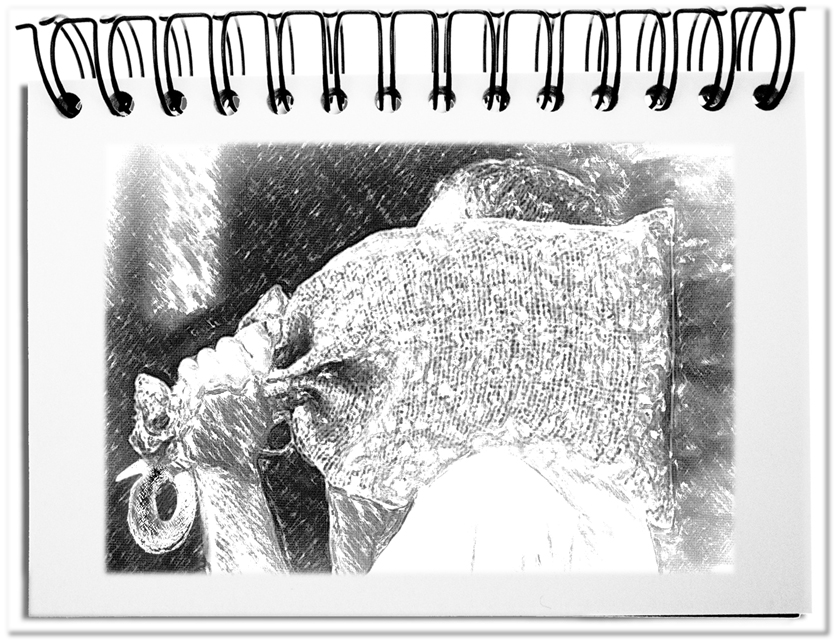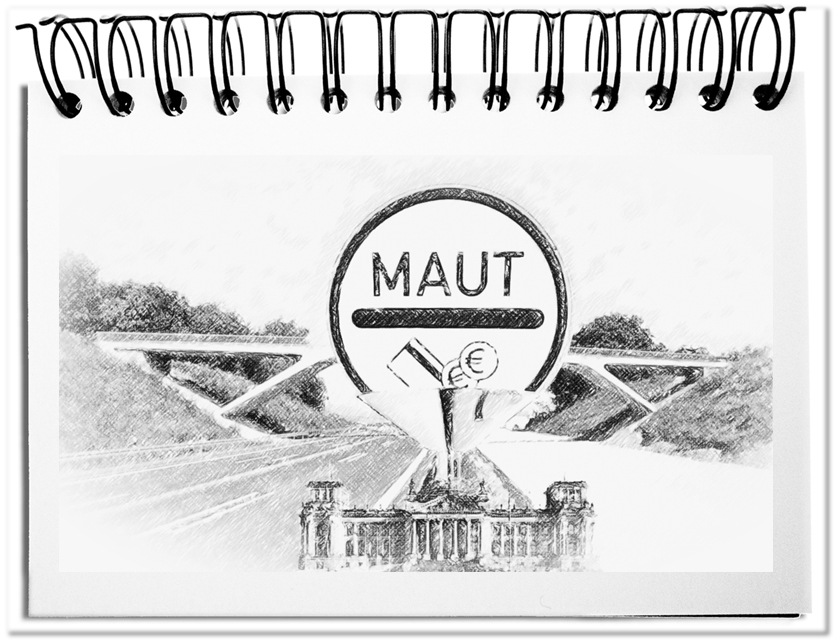The price is rarely an indicator for good quality. Some people always buy the most expensive in order to believe that they get the best quality. Others always buy the cheapest in order to believe not to pay too much. The right approach is the best value for the price. For this purpose, it is necessary to look at the proposals in a structured way. Each role in the procurement process has its own view – Purchaser: maximum price reduction; Finance & Control: to pay as little as possible; Supplier: maximum price for minimum effort: Buyer: maximum value-add. But how to evaluate the pig in a poke?
On the one hand, the roles need a clear division of work. On the other hand enforces a structured requirements the quality and the comparability. The proposals should contain the complete description of the deliverables, the required contract elements and the prize.
The evaluation will then be done according the following aspects.
- Selection criteria
Based on the following criteria the detailed proposals are evaluated: Basic information, like e.g. information about the supplier, project organization, further products and services, costs, Compliance; Functional aspects, like e.g. the available functions, processes, data, interfaces, administration, IT. - Weight
Since not all criteria are equally important, the individual criteria should be weighted beforehand, like e.g. 1=Standard, 2=Important, 3= Mandatory). - Evidence
The traceability of the deliverables creates additional gradation of the proposals. For this purpose, the proven elements are rated 10 and incomprehensible 1. - Price expectations
The internal estimation of the costs sets the limits for the offers. If an offer is considerably under the expected figures, important functions could be missing. If the offer is significantly above the estimated figures, unwanted elements could pollute the proposal.
Bottom line: The approach for the evaluation of the proposals should be clearly descriptive in advance, in order to get an objective evaluation as quick as possible. The clear division of tasks and the standardized requirement specification are the pre-requisite for an effective procurement.


